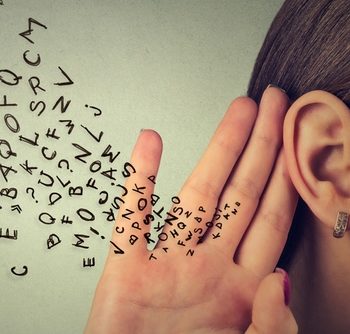
Linguistic errors
- On 28 February 2017
- 0 Comments
We all make mistakes. Although they can be a problem, they often also generate quite amusing results.
Some politicians are excellent at seeking out the boundaries of what is linguistically possible. Boris Johnson is a great example. When talking some years ago about being fired he said:
“My friends, as I have discovered myself, there are no disasters, only opportunities. And, indeed, opportunities for fresh disasters.”
Sometimes translations also cause huge hilarity, for example the following text at a zoo: ‘Please do not feed the animals. If you have any suitable food, give it to the guard on duty.’
Menus also provide classic examples such as, ‘Our wines leave you nothing to hope for.’
In the winter a lot of modern Dutch cars display the dashboard notification ‘glad wegdek’ which a friend of mine interpreted as meaning that the road was extremely ‘happy’. After all, ‘glad’ means ‘happy’ in English and ‘wegdek’ means road. Unfortunately ‘glad’ really means slippery so he had to watch out.
People often reveal amusing cultural differences when they talk. The House of Commons is the ideal venue for English at every level and, of course, the scene of many a great debate which these days are televised. The former Prime Minister, David Cameron, told listeners during his departure speech how he had gone to America for the first time as Prime Minister to meet Barack Obama. He was introduced to some people during a walkabout and they did not recognise him until he said his name. The response was then “Oh Cameron. Hey I love your ‘show’!!!”.
The best thing we translators can do is focus on our work and try and do our best to avoid such cultural and linguistic gaffes.


